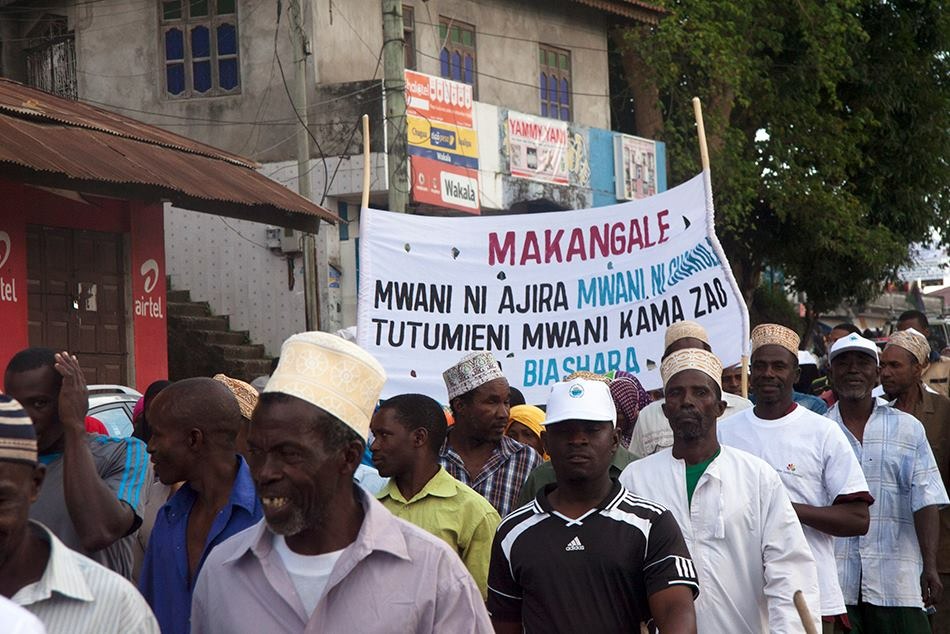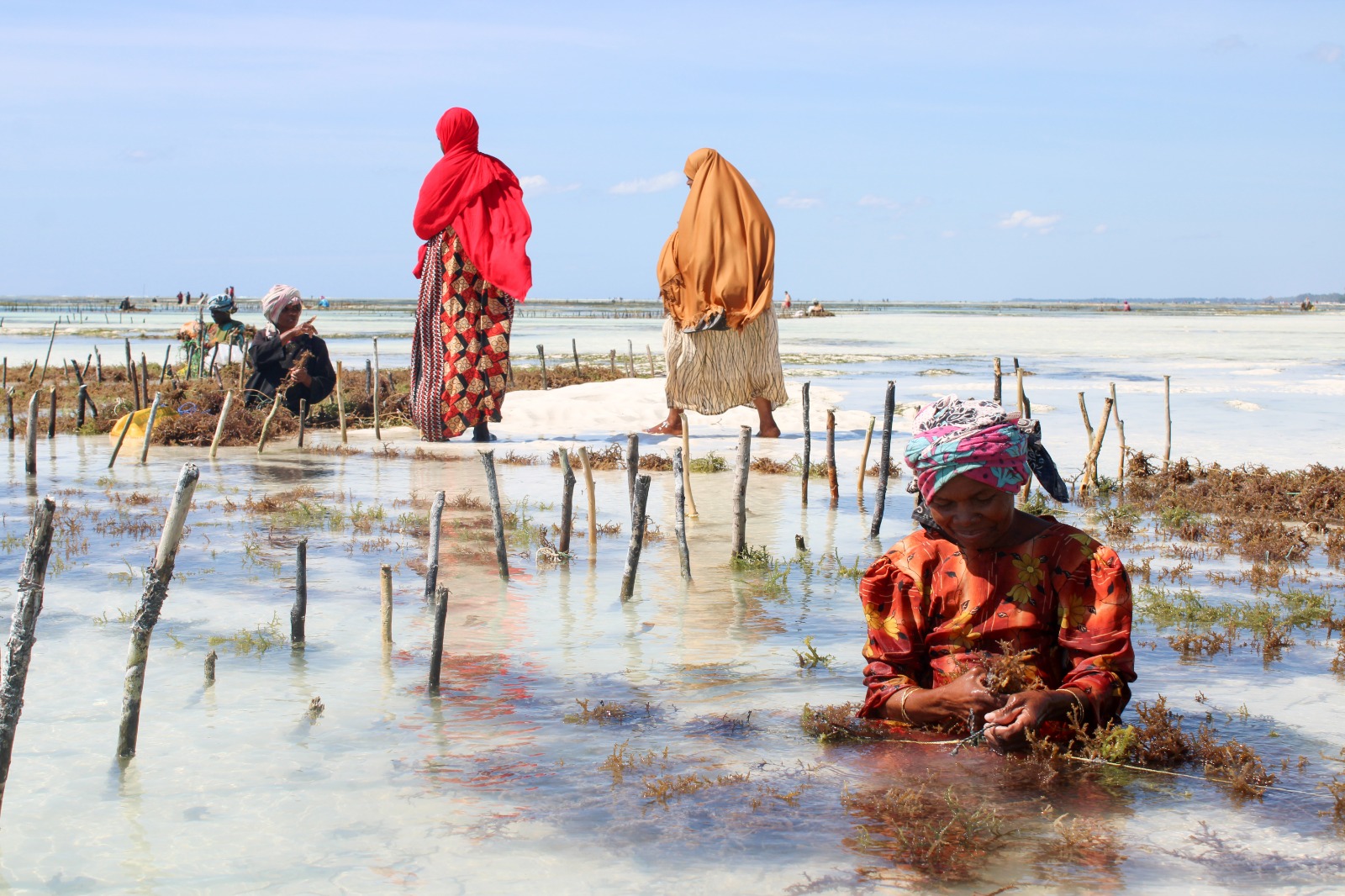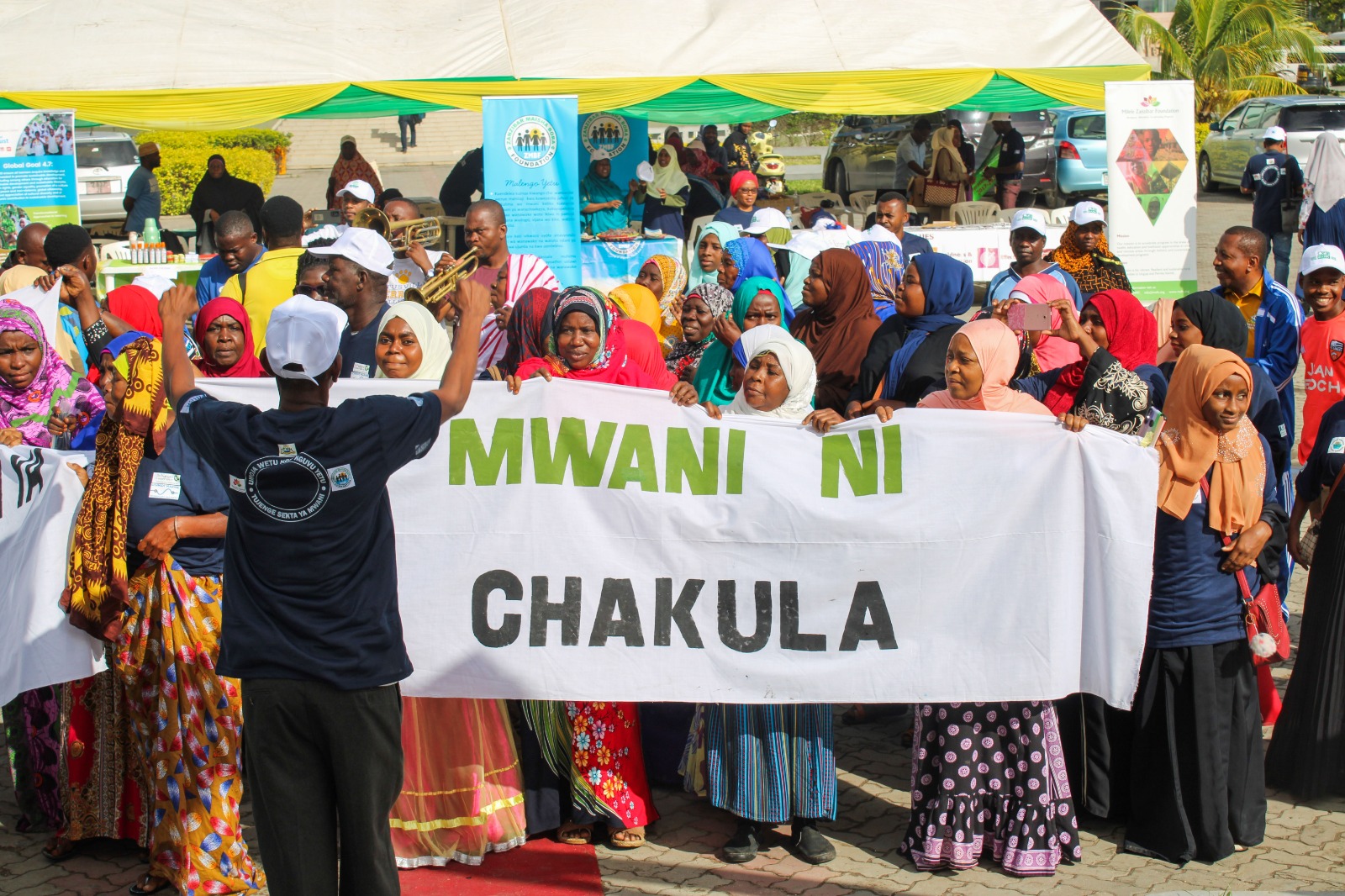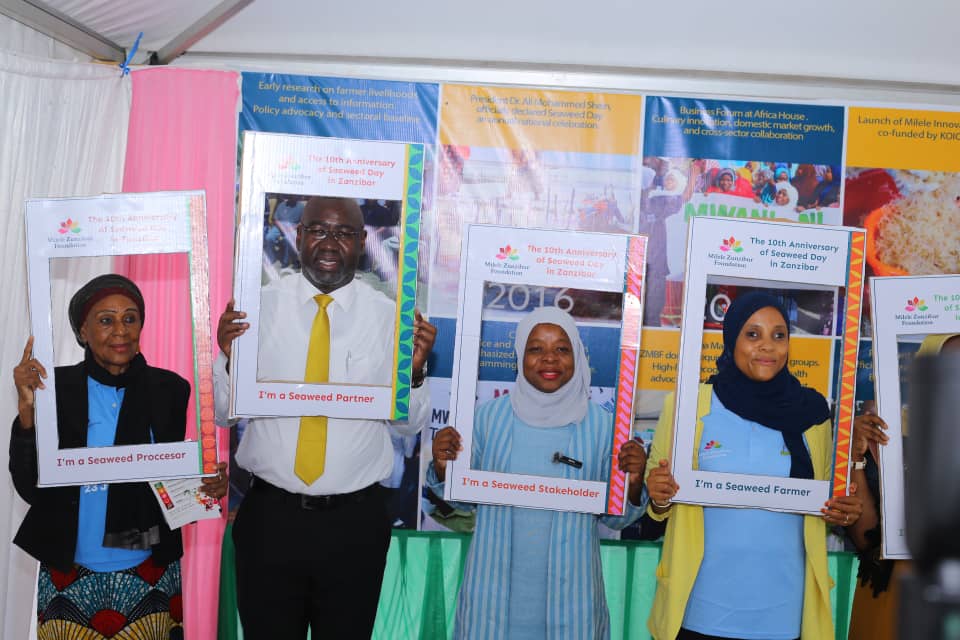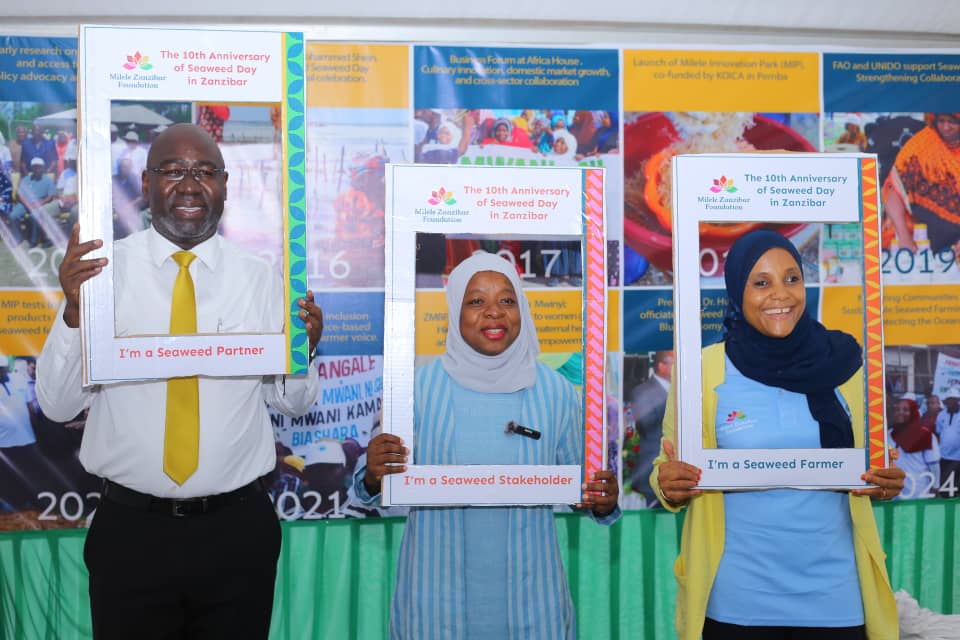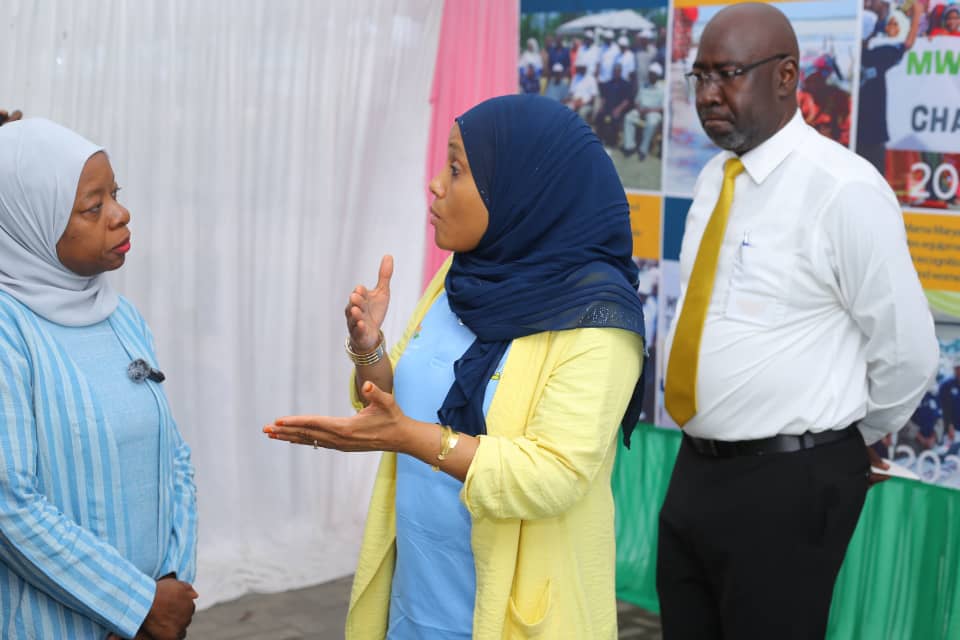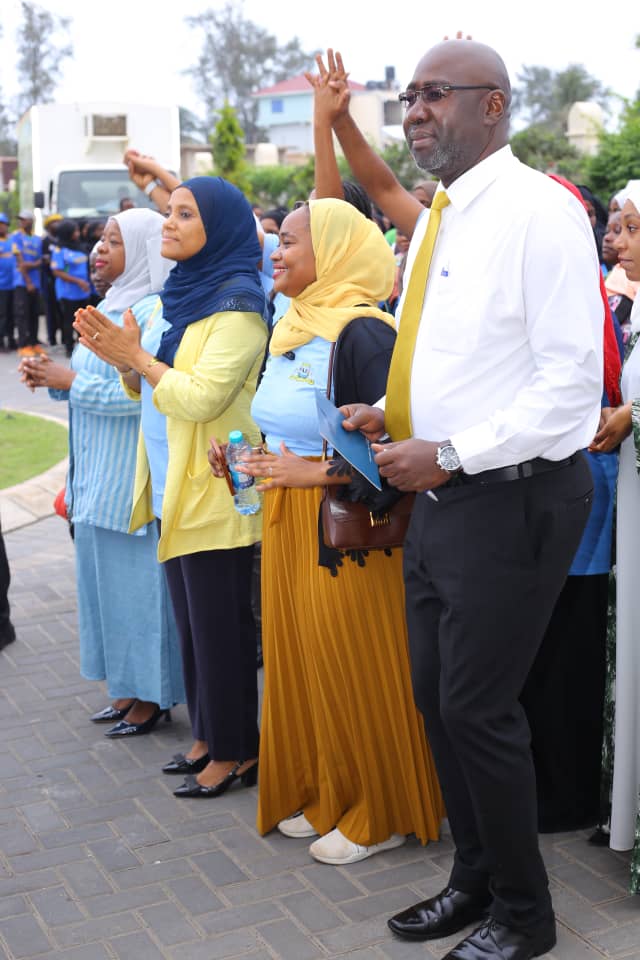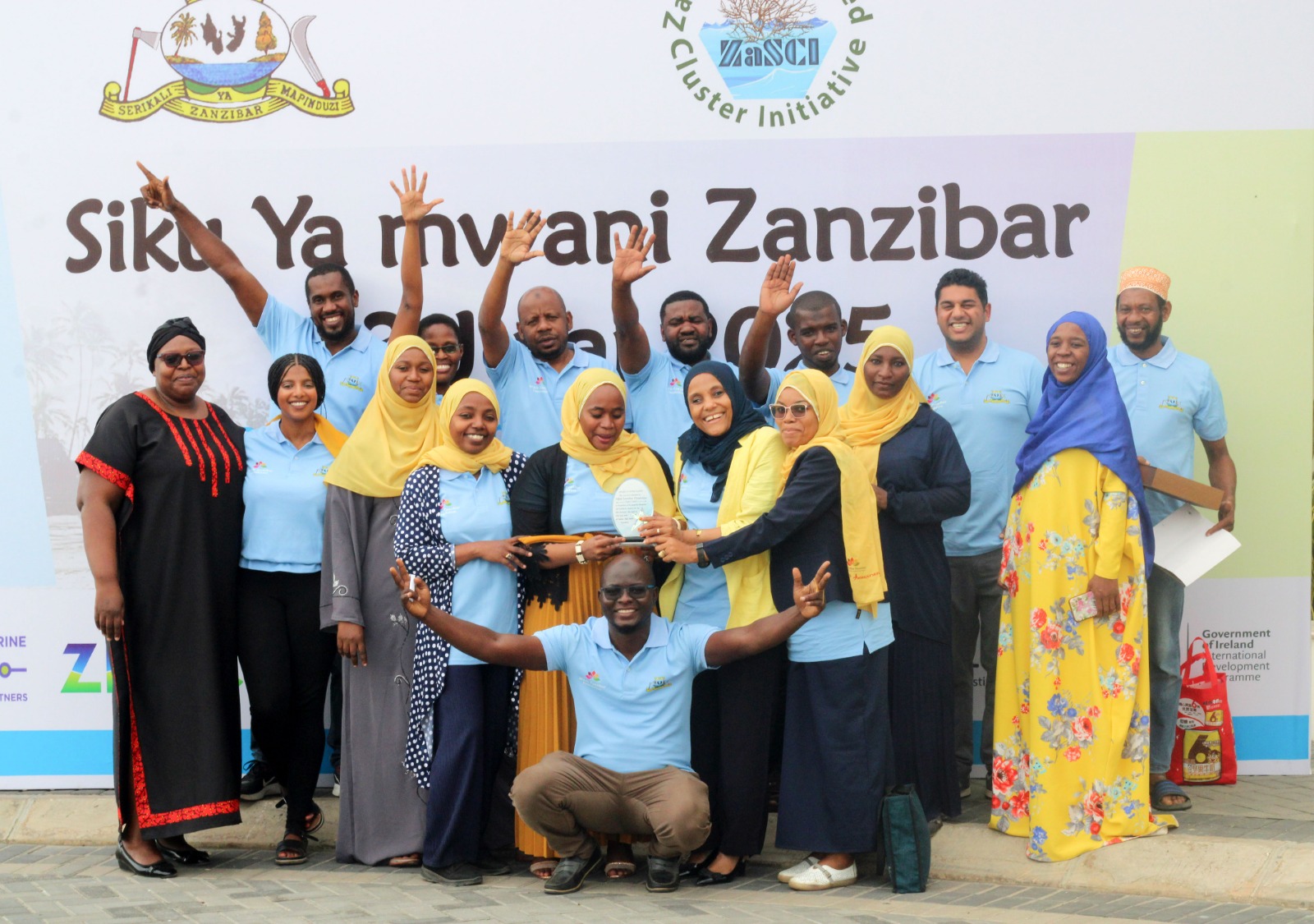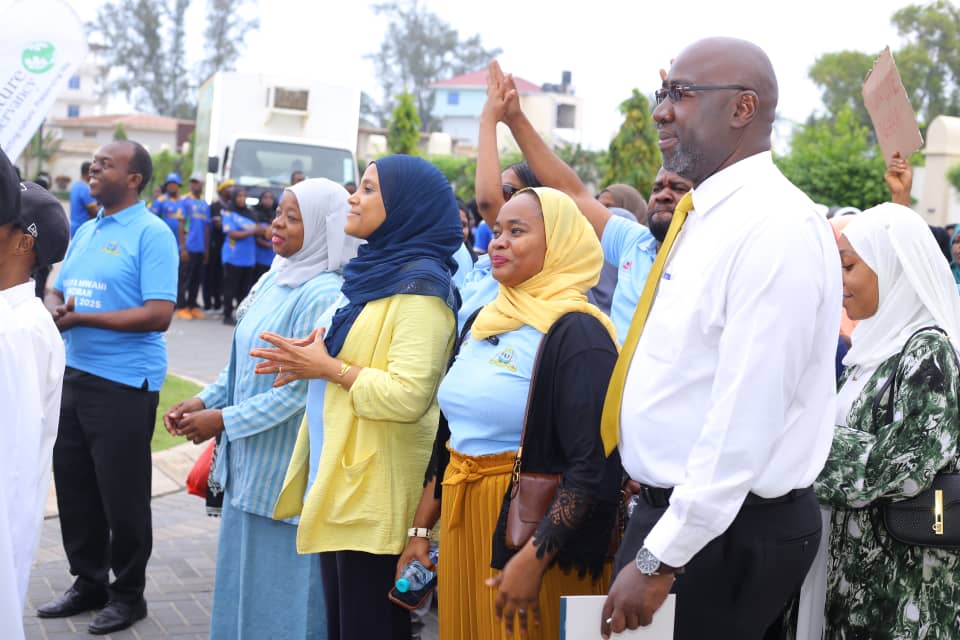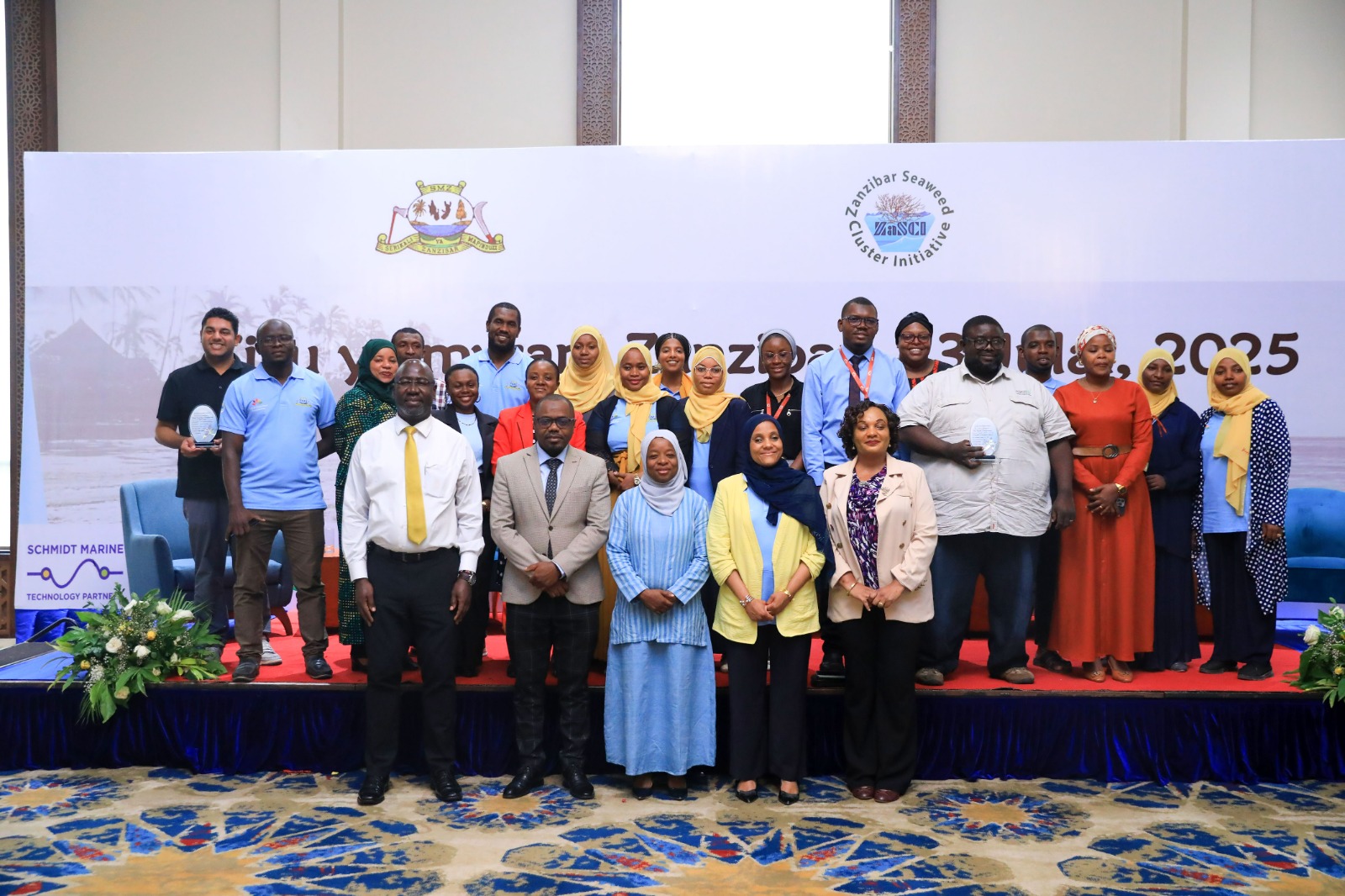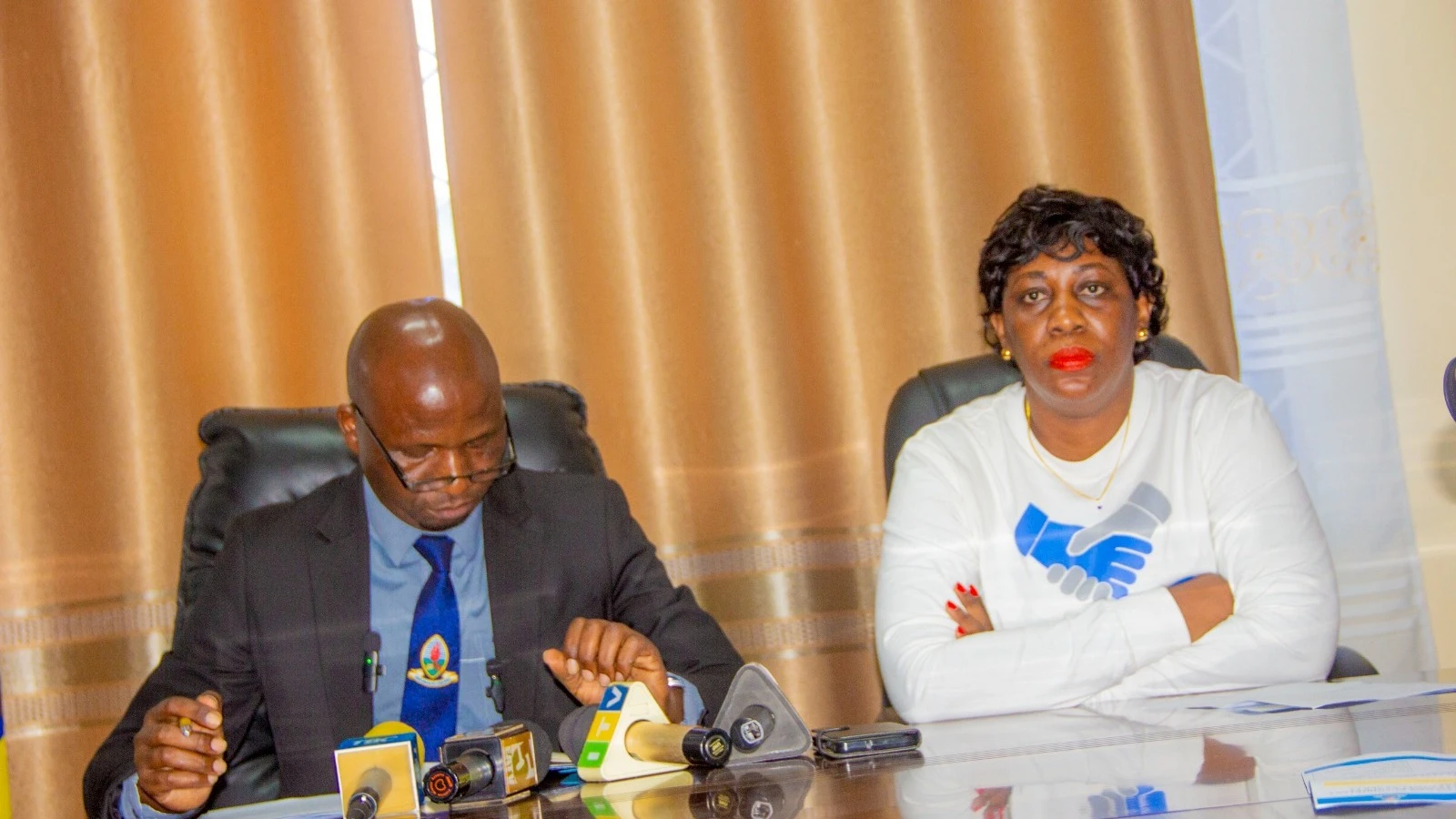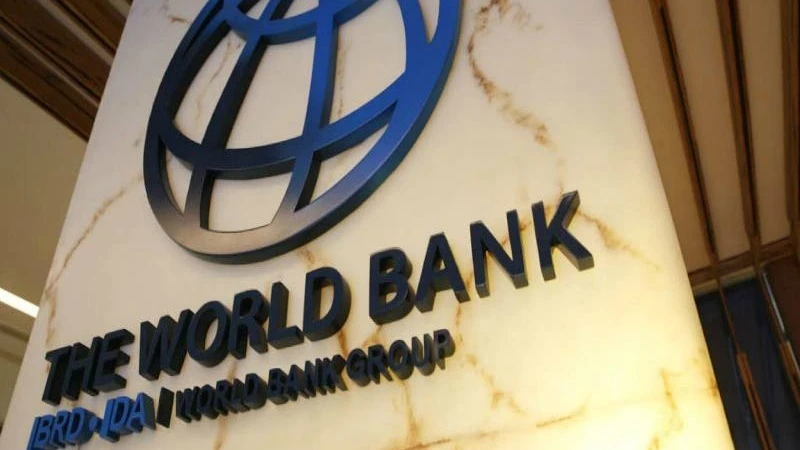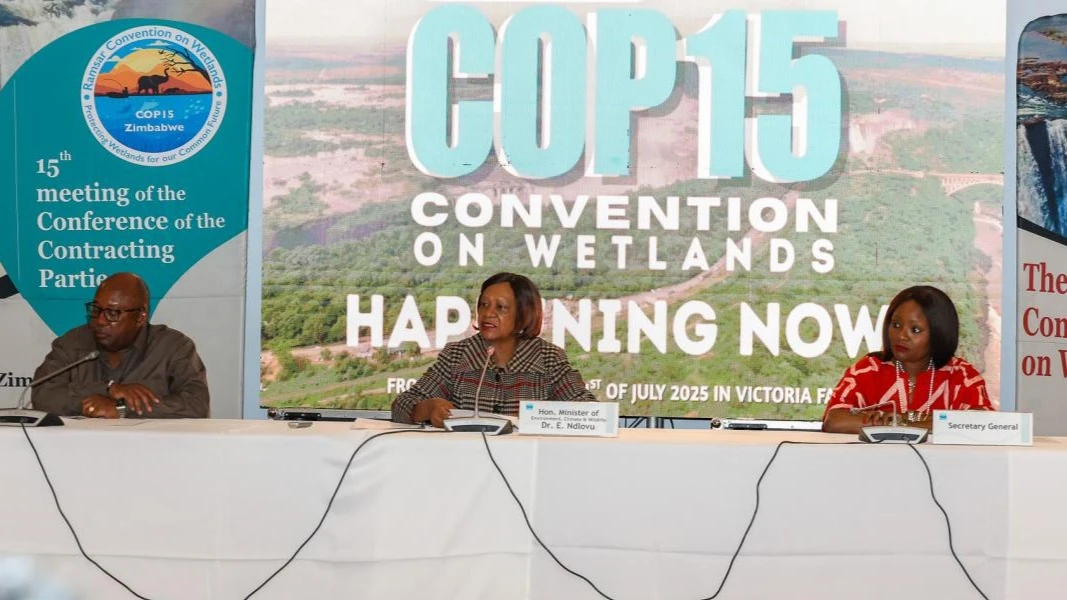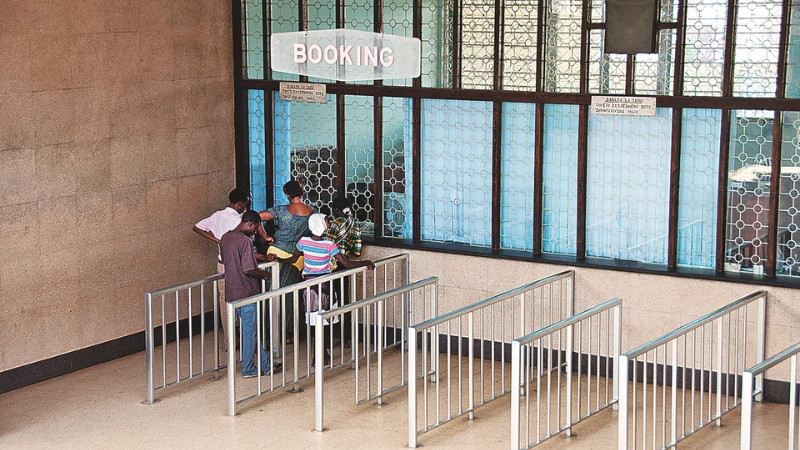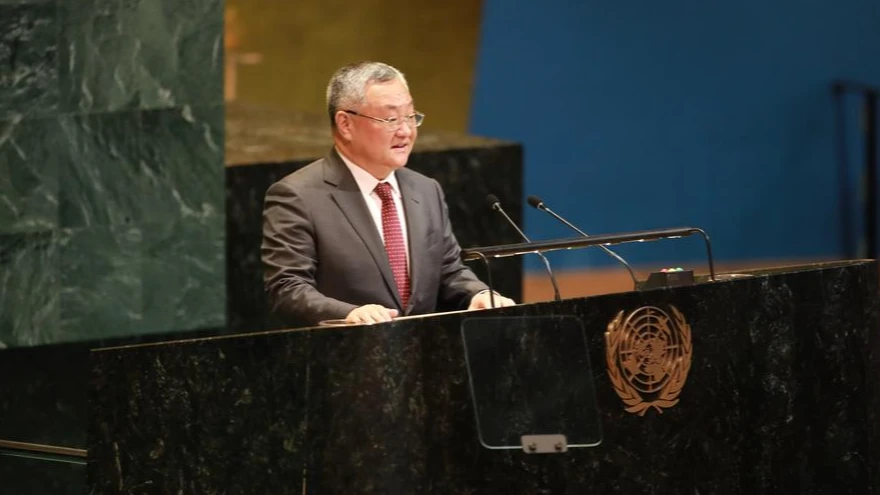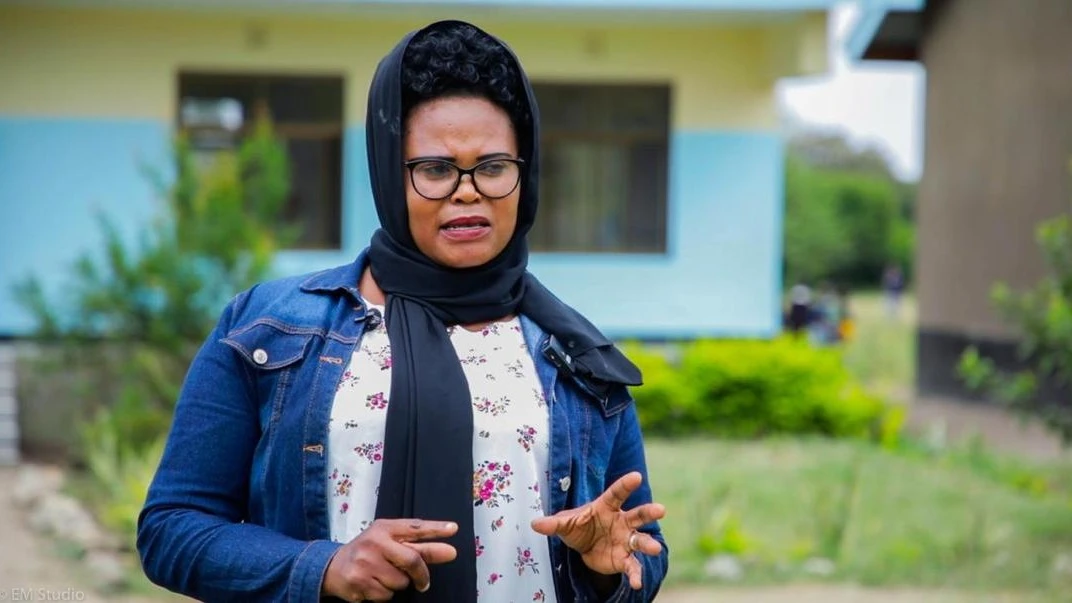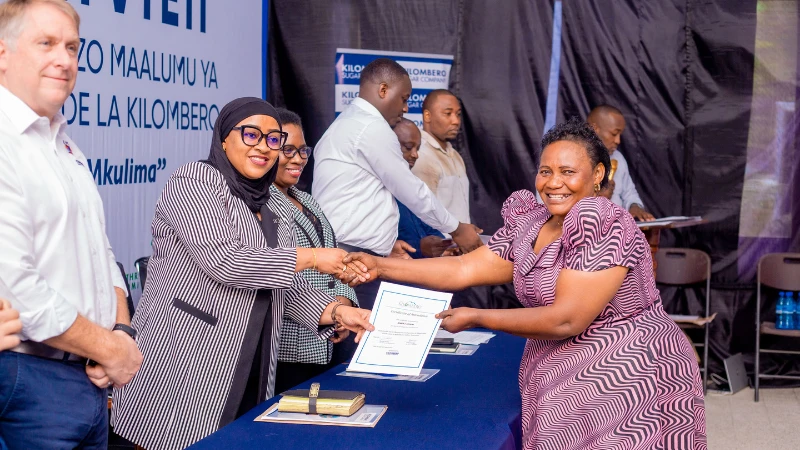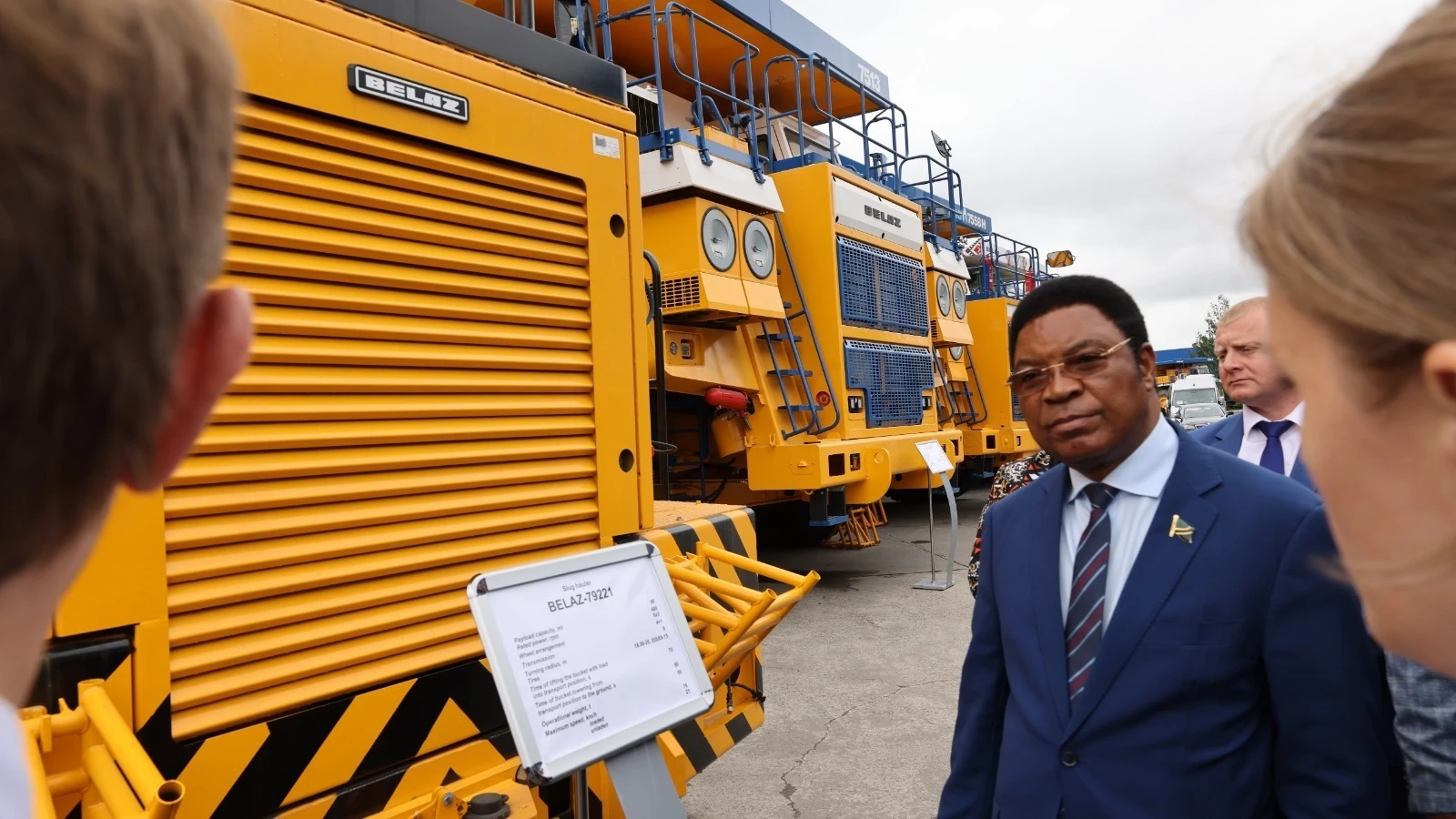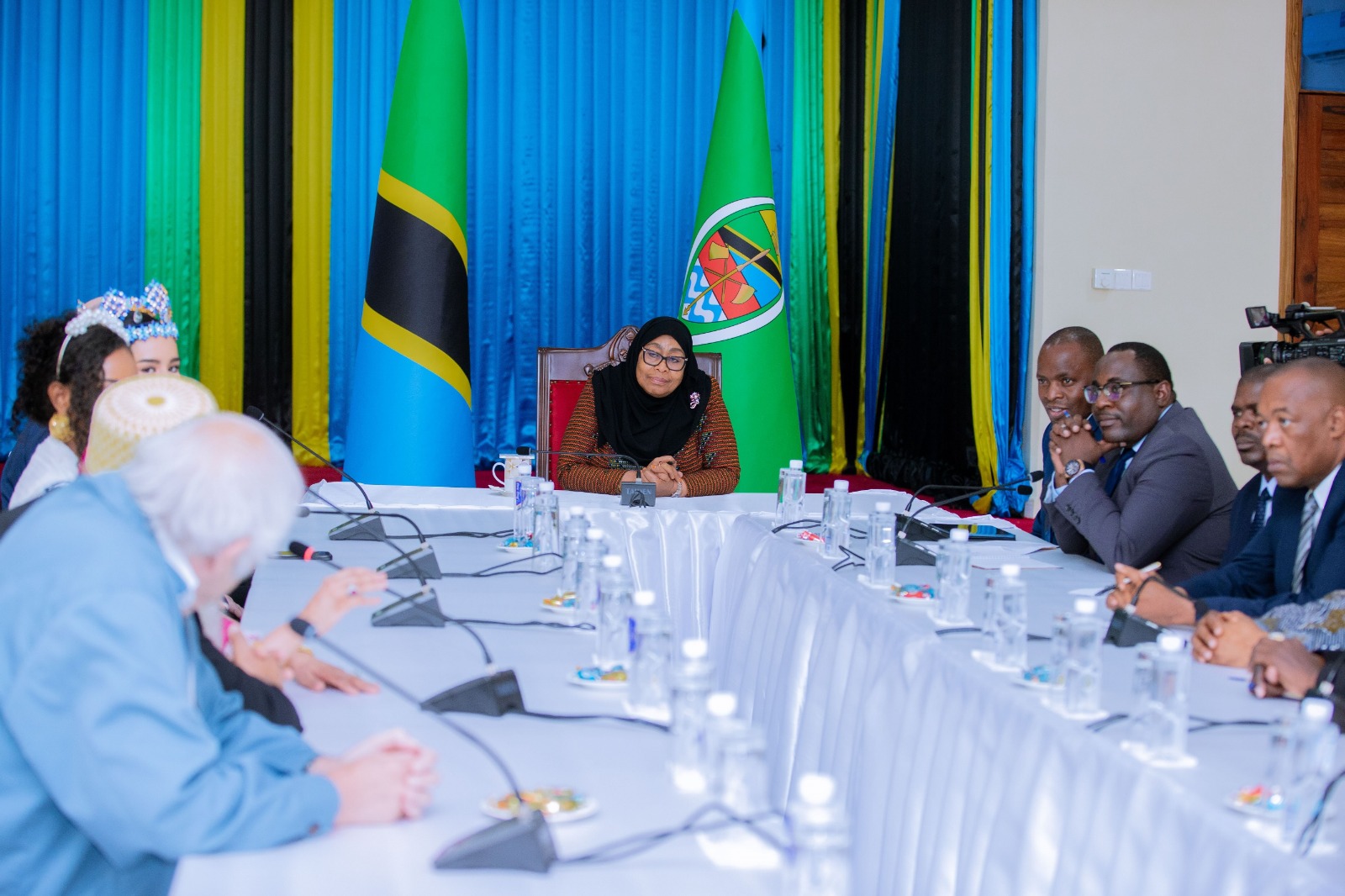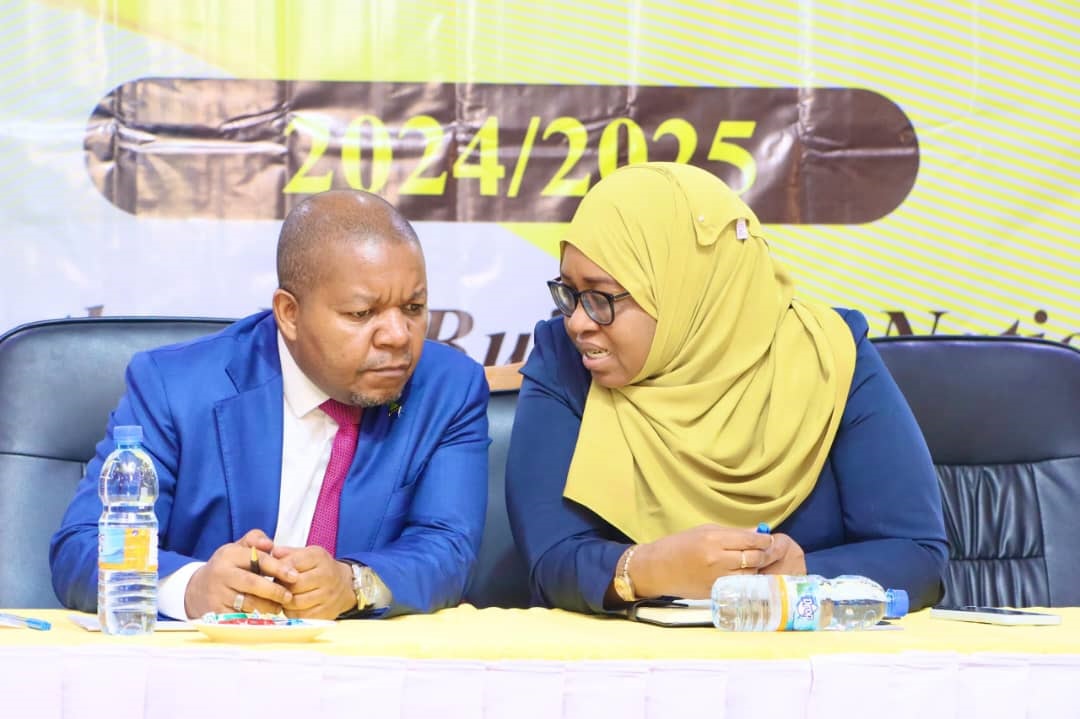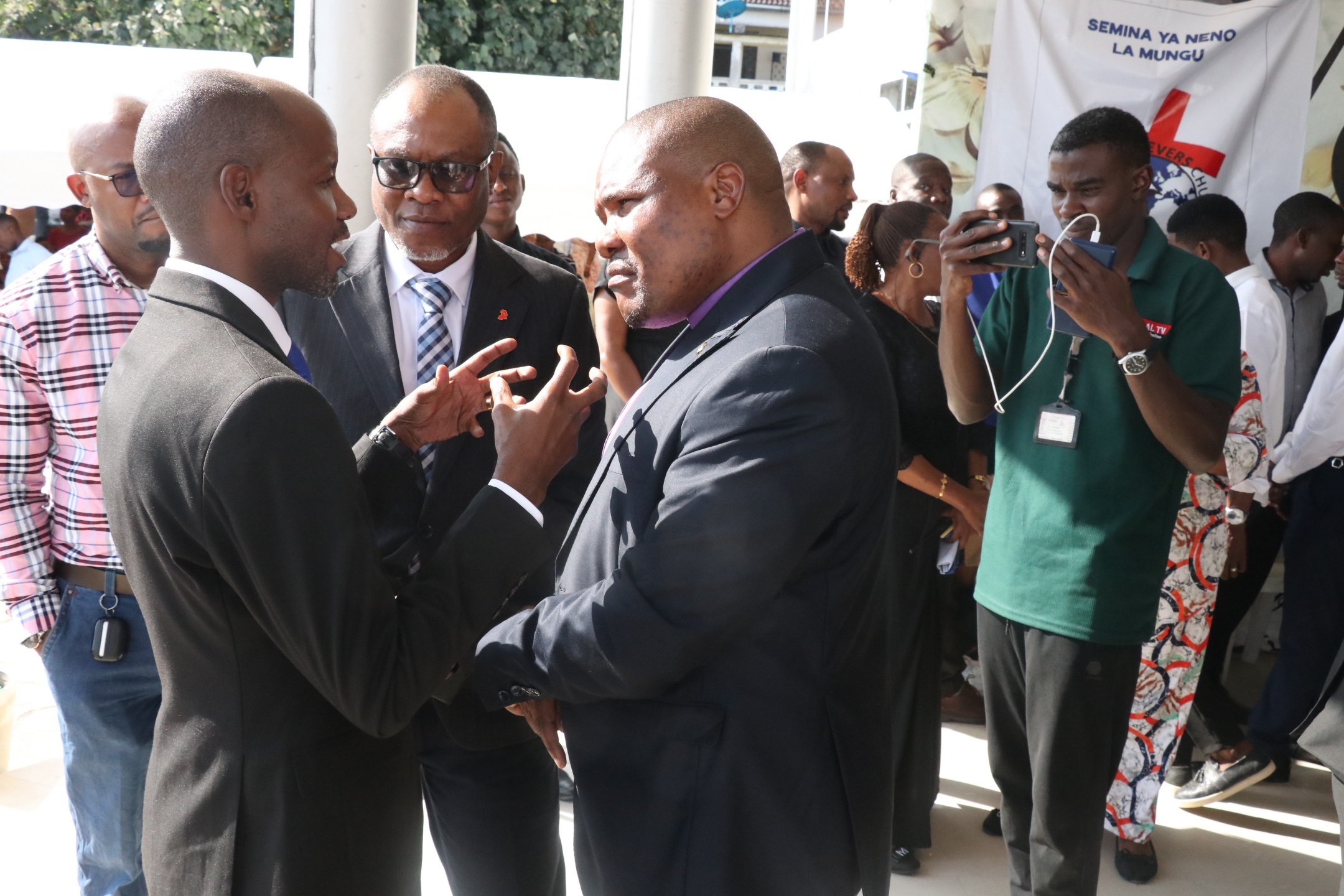Blue Gold Rising: How Zanzibar’s Seaweed is Making Waves from the Ocean to the Plate
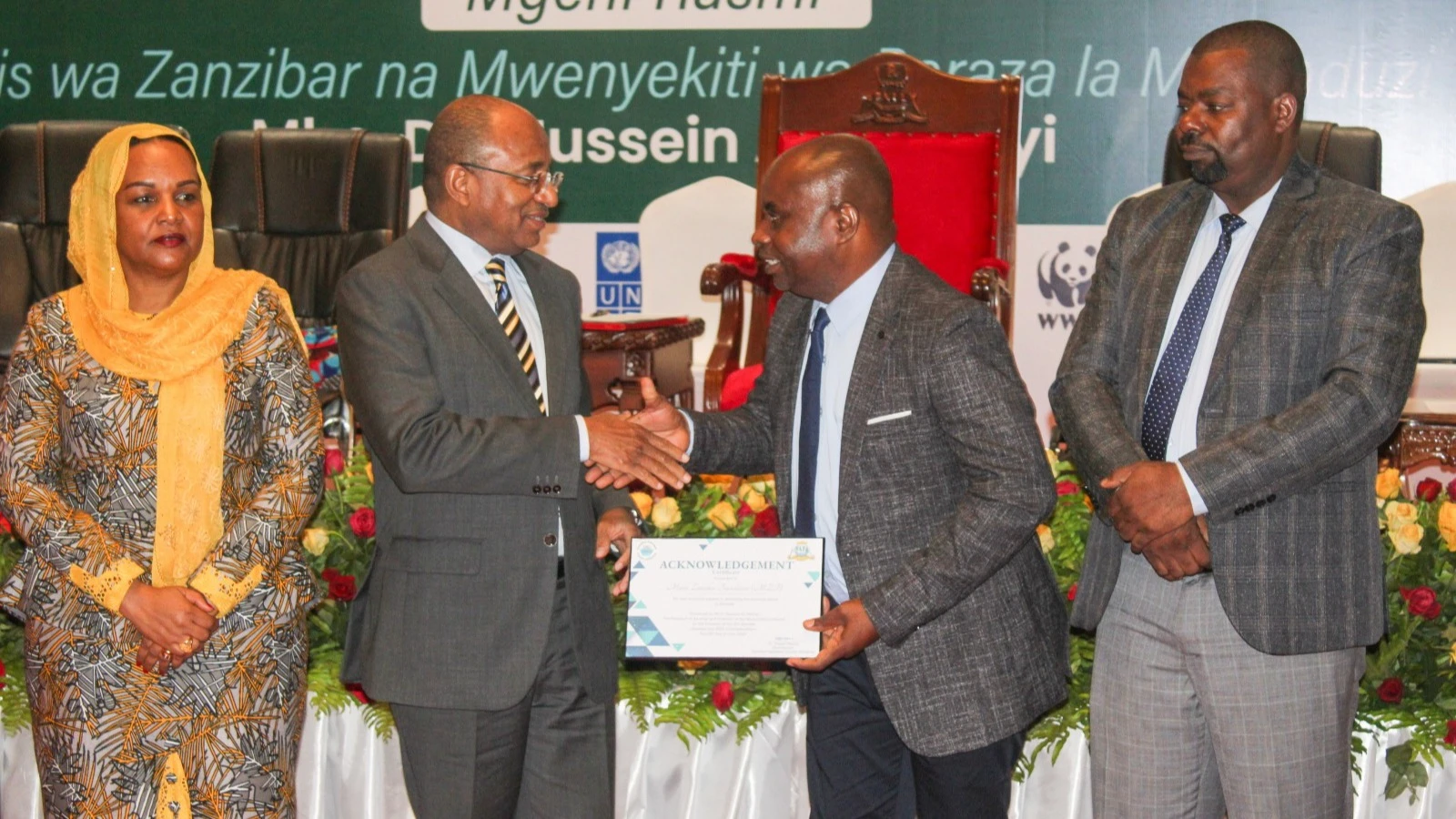
BEFORE WE DIVE IN: Over 30 years ago, seaweed was introduced in Zanzibar. In many island communities, it was cultivated as a traditional activity—a way of life, but not a true source of prosperity. Women toiled, harvesting with their own hands, but the value chain remained very short: harvest, sell, forget.
Yet despite its humble beginnings, this marine crop gradually transformed into an engine of economic development—driven by the hard work and resilience of thousands of women in coastal communities. Over the past 10 years, that transformation has accelerated—rapidly, profoundly, and with hope—advancing seaweed into a modern value chain and, more importantly, a symbol of gender equality and financial independence for rural women and their families.
Milele Zanzibar Foundation (MZF), a non-governmental organization, was established in 2014 with the goal of accelerating progress and empowering rural communities through health, education, and livelihoods—primarily in high-impact sectors. Recognizing its potential to transform the lives of rural women and contribute to national development, the seaweed sector became one of its key priorities.
Through advocacy, capacity building, research and innovation, and institutional partnerships, MZF has not only improved seaweed farming and processing techniques but also opened doors to greater employment, entrepreneurship, and improved livelihoods for women and youth in Zanzibar.
As we mark MZF’s 11th anniversary and the 10th anniversary of Seaweed Day, we spoke to various stakeholders—farmers, processors, buyers, experts who have partnered with MZF, as well as the institution’s leadership. These conversations bring out the authentic voices behind an ongoing transformation in Zanzibar.
VOICES OF FARMERS AND PROCESSORS
On the shores of Muungoni, we met Mariyam, a seaweed farmer whose journey reflects the transition from traditional to modern farming. Her story shows how access to technology and training can reshape livelihoods.
Q: What major changes have you seen in your life and work as a seaweed farmer since Milele Zanzibar Foundation began supporting you?
A: “I started seaweed farming 20 years ago, doing it casually in shallow waters. When Milele Zanzibar Foundation came to support us, they trained us and gave us equipment—now I farm in deep waters and was even taught how to swim and basic aquatic survival to handle challenges at sea. Today, I can support my family and have even started building my own house.”
Beyond the new farming environment, Mariyam has been able to use technology to boost her harvest and income—and that’s where hope becomes even more alive.
Q: Have you been empowered to use new technology? And how has it changed things?
A: “Yes, modern techniques have increased yields. I harvest 10 sacks of seaweed per season. One kilogram sells for TZS 800. I also make soap and seaweed powder which has really helped me to increase.” Through these new methods, Mariyam has expanded production and added value by venturing into seaweed product processing.
SEAWEED PROCESSORS
In the realm of value addition, Tatu Suleiman, a trained processor, has transformed her knowledge into business success. Her experience demonstrates the power of product innovation and global exposure.
Q: What value-added products have you started producing, and how did MZF help?
A: “I received training from an Indonesian trainer that MZF brought to Zanzibar to teach us to process many different products—today I make soap, oil, lotion, and other cosmetics. My business has given me financial independence, and I’ve employed several youths.”
As with many small businesses, challenges are inevitable. But the growing success and expanding market provide encouragement. This shows how global knowledge transfer can spark local employment and innovation opportunities for coastal women.
Q: What is the market like? Challenges or successes?
A: “The market is good—my products reach East Africa and even abroad. The challenges are transportation costs, lack of machines to grind seaweed, and packaging materials. But my products have obtained a quality certification.” Despite infrastructure challenges, Tatu’s products are gaining national recognition and competitive strength.
ENGAGING YOUTH
Milele Zanzibar Foundation’s training programs are also impacting young people. Asia Haji, a seaweed farmer and community mobilizer, is one example. Her story illustrates how education can spark both personal transformation and collective progress.
Q: What training did you receive through MZF, and how did it benefit you?
A: “Milele Zanzibar Foundation taught me good seaweed farming practices and enabled me to participate in Seaweed Day. I didn’t even know such a day existed. I learned about different farming techniques from other farmers. I really enjoyed meeting with other stakeholders, especially potential buyers”
This exposure opened her eyes to the scale and recognition of seaweed farming in Zanzibar, boosting her confidence and technical know-how and encouraging her to keep growing her business.
Q: Have you increased your income or involved others?
A: “Yes. Now I have a group producing seaweed products, and MZF helps us find markets.” Involving others creates a social ripple effect, where one person’s success births collective prosperity. By becoming a hub of inspiration in her community, Asia turned knowledge into action—proving that one empowered woman can start a movement.
SEAWEED BUYERS
To understand the market-side dynamics, we spoke with a seaweed buyer who collaborates directly with MZF-supported farmers. Their insights help contextualize quality control and global competition.
Q: How is your partnership with MZF groups?
A: “We collaborate well. I buy seaweed from the farmers they have supported and sometimes provide them with equipment.” This is an example of cooperation between the market and community-based production that helps maintain quality and trust. It also illustrates how mutual support—through both purchasing and capacity-building—can help stabilize the supply chain and promote fair trade.
Q: How’s the quality? And what are the market expectations?
A: “The quality is good. We export it abroad. The challenge is competition from countries like Indonesia. But Zanzibar still leads in Africa.” Despite tough international competition, Zanzibar seaweed maintains a strong position on the continent. This highlights the need to continuously innovate and improve standards to defend Zanzibar’s competitive edge in a demanding global market.
PRIVATE SECTOR PARTNERS
We also spoke to Ayubu Misheli, from The Nature Conservancy, a sector partner working with MZF on ecological seaweed farming. His perspective highlights how business, conservation, and community can align.
Q: What is the purpose of your collaboration with MZF?
“We are a global partner in environmental conservation through ecological seaweed farming—it benefits both the environment and the community. Our partnership with MZF, a locally based organization, allows us to have a greater impact on the ground.” This demonstrates how the seaweed sector contributes not just to income but also to marine environmental well-being. The partnership reflects a shift in business thinking—where profit goes hand in hand with protecting Zanzibar’s ocean ecosystems.
Q: Have you added value to the seaweed sector?
A: “Yes, through farmer training in eco-friendly seaweed farming. We are building a sustainable value chain.” These sustainable practices lay the foundation for a seaweed sector future that protects the environment and increases income. It shows how innovation in farming techniques can turn traditional livelihoods into modern, climate-resilient ventures.
MILELE ZANZIBAR FOUNDATION REPRESENTATIVES
To gain institutional insight, we interviewed senior representatives from Milele Foundation about their journey, strategies, and the ripple effects of their investments.
Q: Which groups did you start with, and how have they progressed?
A: “We empowered over 50 women’s groups in partnership with Zanzibar Seaweed Cluster Initiative( ZASCI) since 2016. Some we supported with farming in deep waters to improve climate resilient seaweed production. We were able to do so in close partnership with The Panje Project, who taught the women aquatic survival in deep water. Some we supported value addition training in our Milele Innovation Park facilities at Mfikiwa, Pemba. We provided training and facilities to improve quality of their products.” These are the fruits of early investments that are still bearing returns years later. The growth of these groups reflects how long-term empowerment and skills-building can transform grassroots livelihoods.
Q: What have you done to support growth of the sector?
A: “We began as one of the only partners advocating for improving the livelihood of farmers, especially women. We take pride in having helped grow the sector in close partnerships with the government, particularly Ministry of Blue Economy and Fisheries.”
This shows that community understanding is the foundation of development—and Milele started there. Layering advocacy with resources allowed beneficiaries to not only grow seaweed, but to process and profit from it more sustainably.
Q: How have you worked with the government to support seaweed?
A: “We are grateful for the close collaboration we have enjoyed with the government. Since 2016, when former President Dr. Ali Mohammed Shein recognized seaweed as a national crop and established a national day for it, to the recent promotion of the Blue Economy by President Dr. Hussein Ali Mwinyi—the government has made seaweed a priority. Their continued collaboration with different stakeholders has been a great support.”
This partnership has provided a strong policy and institutional framework for sustained sector growth—enabling organizations like Milele to amplify their impact through coordinated efforts.
Q: Have you trained community-level trainers?
A: “Yes. We identified empowered seaweed farmers and processors, and supported them to train others.” This builds a self-sustaining system within communities that spreads knowledge quickly and effectively. The ripple effect has allowed expertise to multiply organically, fostering leadership and independence among local actors.
Q: What major challenges have you faced?
A: “Climate change, lack of production space, weak stakeholder coordination, and low youth engagement. We are now targeting youth more.” These challenges have inspired new strategies to engage youth and strengthen partnerships. By recognizing these barriers early, MZF has been able to adapt its model—making it more inclusive, resilient, and youth-oriented.
NATIONAL SEAWEED DAY AND THE NEXT 10 YEARS
At the leadership level, we spoke to Khadija Ahmed Shariff, Executive Director of Milele Zanzibar Foundation, to understand the strategic future of the seaweed sector and institutional collaborations.
Q: What has the Seaweed Day contributed?
A: “The conference started in 2016 under President Dr. Ali Mohamed Shein who recognized July 23 as the official National Seaweed Day. The goal is to promote seaweed as a crop for health, food, fertilizer, and cosmetics in order to boost local consumption.” This conference has raised public awareness about the many benefits of seaweed that were previously unknown. It has also become a central platform for knowledge exchange, policy advocacy, and networking among farmers, researchers, entrepreneurs, and government officials.
Q: How is your collaboration with ZaSCI?
A: “We collaborate with ZaSCI, The Nature Conservancy, the government and other partners. Together, we are building the value of the seaweed value chain.” Through these partnerships, MZF has united the private sector, civil society, and government in shared goals. This collaborative ecosystem is driving innovation, standardization, and market expansion for seaweed-based enterprises in Zanzibar.
Q: What is your vision for the next 10 years?
A: “We will continue improving seaweed farming to modernize and increase the volume of production, investing in research, innovation, education, and technology so we can increase seaweed yields and enhance the benefits of seaweed farming for families and communities in Zanzibar. We also want to support the production of high-quality, value-added seaweed products that meet global standards:“ MZF’s vision is to be part of building a knowledge-driven, innovative, inclusive seaweed sector in Zanzibar. The aim is to transform local livelihoods while continuing to position Zanzibar as a competitive player in the global sustainable marine industry.
LOOKING AHEAD: SEAWEED IS NOT JUST A CROP—IT'S AN ECONOMY, A WAY OF LIFE
For farmers like Mariyam, seaweed is no longer a hand-me-down activity—it is a chance to write a new family legacy. For Asia, it is a bridge from ignorance to becoming a knowledge hub in the community. For Tatu, it is a tool for entrepreneurship and employment. For buyers, it is a globally respected product. And for Milele Zanzibar Foundation, it is a living example of how real development begins—from the ground up.
In the context of climate change, global competition, and long rural development chains, seaweed proves that change is possible. Every sack, every soap, every lotion—is a symbol of creativity, shared knowledge, and community solidarity.
The 10 years of Seaweed Day and 11 years of Milele Zanzibar Foundation are not the end of the journey—they are the beginning of a new era where the islands of Zanzibar can proudly be not just producers of seaweed, but also innovators, processors, and exporters of globally valuable products.
Seaweed has changed. And with it, the community has changed too.
And now, the vision must scale. With stronger partnerships, advanced technology, inclusive youth training, and deeper policy integration, the seaweed value chain can unlock a broader transformation—where rural women become business leaders, coastal youth become product designers, and Zanzibar’s blue economy becomes a continental model. The future is not just about harvesting—it is about branding, packaging, protecting the ecosystem, and unlocking markets in wellness, cosmetics, and sustainable food industries. That future begins today. And with Milele Zanzibar Foundation’s next chapter, that future looks bright.
The Seaweed sector has changed. And with it, the community has changed too.
Top Headlines
© 2025 IPPMEDIA.COM. ALL RIGHTS RESERVED


